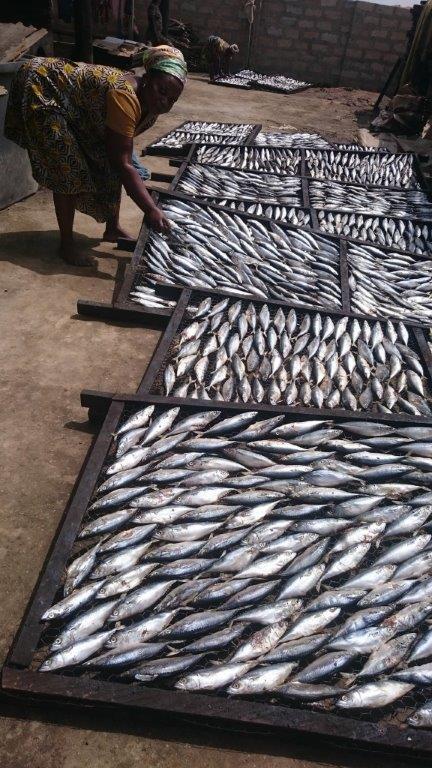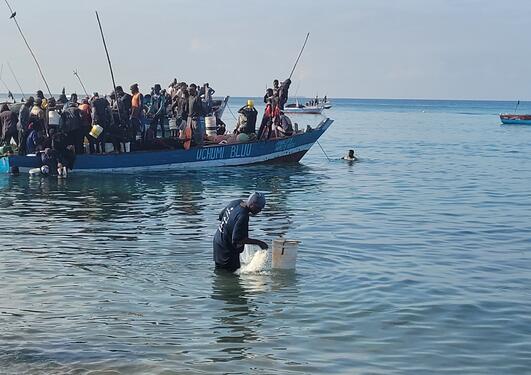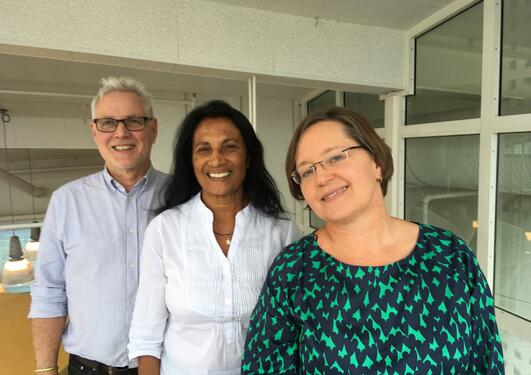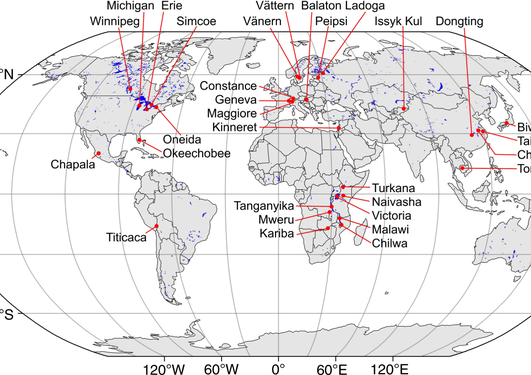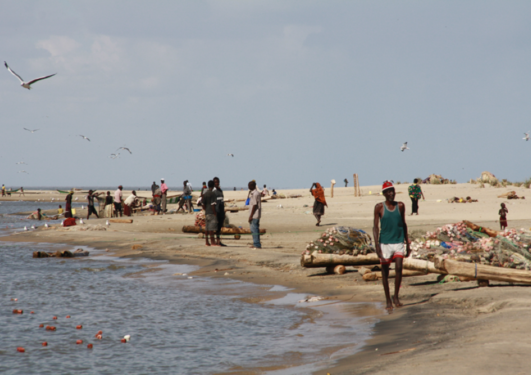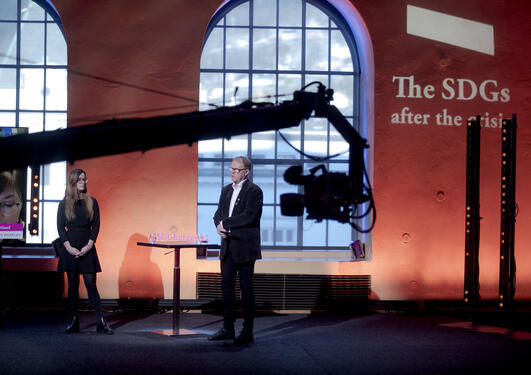New report: Eat more small fish!
A new report from the UN’s Food and Agriculture Organization (FAO) states that small fish are an underestimated source of nutrition and can contribute to solving challenges related to food security globally. The conclusion is that the world must eat more nutritious food – and one of the answers is small fish.
Main content
Professor Jeppe Kolding from the Department of Biosciences (BIO) and Professor Ragnhild Overå from the Department of Geography at the University of Bergen have researched small fish with partners from around the world in the research project SmallFishFood. The two have also contributed to the new report “Small fish for food security and nutrition” from the Food and Agriculture Organization of the United Nations (FAO).
“Small fish are eaten whole and thus contain lots of minerals and vitamins that are lost if you only eat the fillet. The report highlights that fish must no longer just be measured in kilograms and volume, but that fish has an important role for better nutrition. This is of great and underestimated importance for the lives of millions of people in the world,” says Kolding on the report that coincides with World Fisheries Day, which is marked annually on 21 November.
He encourages Norwegian authorities to take a bolder stance to solve global food security by listening to the report and the researchers’ unequivocal advice to ensure that small fish become a central part of global dietary advice.
“The entire supply chain of small fish, from fisherman or fisherwoman to the fishmonger, employs many people who through this income can strengthen their food security and welfare. Small fish are an important part of the food culture in many countries, and are available in local markets both on the coast and inland at an affordable price for low-income groups,” says Overå adding:
“Dried or smoked small fish can be bought in small – yet nutritionally beneficial – portions adapted to the individual’s wallet and without requiring a freezer or fridge to store such fish products.”
The two UiB researchers emphasize the report’s spotlight on more sustainable food production and that policy must be based on local food traditions and local knowledge rather than continuing to increase industrial production of food both on land and ocean.
“The key feature in the report is the holistic approach and setting out a framework with food systems as structure. We have carried out a thorough review of availability, access, utilization and stability to ensure future food safety,” Kolding explains.
